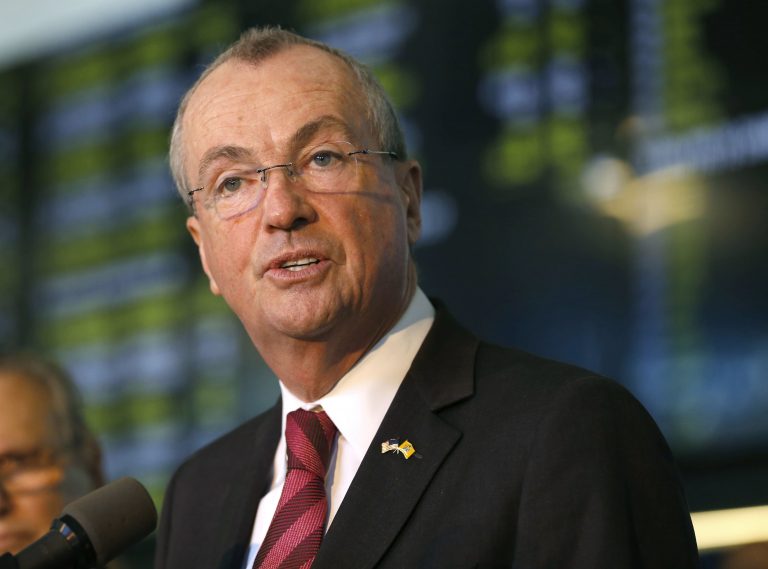Edited by: JV Staff
New Jersey Governor Phil Murphy has proposed a nearly $40.1 billion budget that slashes about $1 billion in spending but also calls for higher taxes on millionaires and $4 billion in new debt to close gaps stemming from the coronavirus pandemic.
Murphy unveiled his second fiscal 2021 budget of the year last Tuesday at Rutgers’ SHI Stadium in Piscataway to make social distancing easier than inside the confines of the statehouse.
As the state struggles to recover amid the pandemic, the governor said it is time for millionaires and large corporations pay their fair share in taxes.
The millionaires tax would increase from 8.97% to 10.75% on gross income between $1 and $5 million, NJ.com reported.
“A millionaires tax will ensure fairness and justice in taxation and in society,” Murphy said. “In renewing my call for a millionaires tax, let’s be honest about who this pandemic has hit the hardest: our middle-class and low-income working families, and this tax would not impact them at all.”
The earlier, nearly $41 billion plan was scrapped because of the pandemic, which has killed more than 14,000 people in the state and resulted in about 190,000 cases.
The revised budget proposal for Fiscal Year 2021 (FY 2021), also includes targeted cuts across State government, fair and equitable revenue raisers, an emergency borrowing proposal, and additional plans to invest federal funding received to date to help close what would have been a nearly $6 billion budget hole as a result of the COVID-19 pandemic.
“Besides setting off an unprecedented public health crisis, the COVID-19 pandemic also unleashed an economic crisis that can only be rivaled by two other times in our state’s entire 244-year history – the Great Depression and the Civil War,” said Governor Murphy. “Over the past few months, we have learned hard lessons, but also important lessons: that the old answers won’t fix the new problems and that the old status quo didn’t work for too many New Jerseyans. We must now have the unavoidable conversation about what it means to not only see our state through this emergency, but what we will look like when we emerge from it.”





